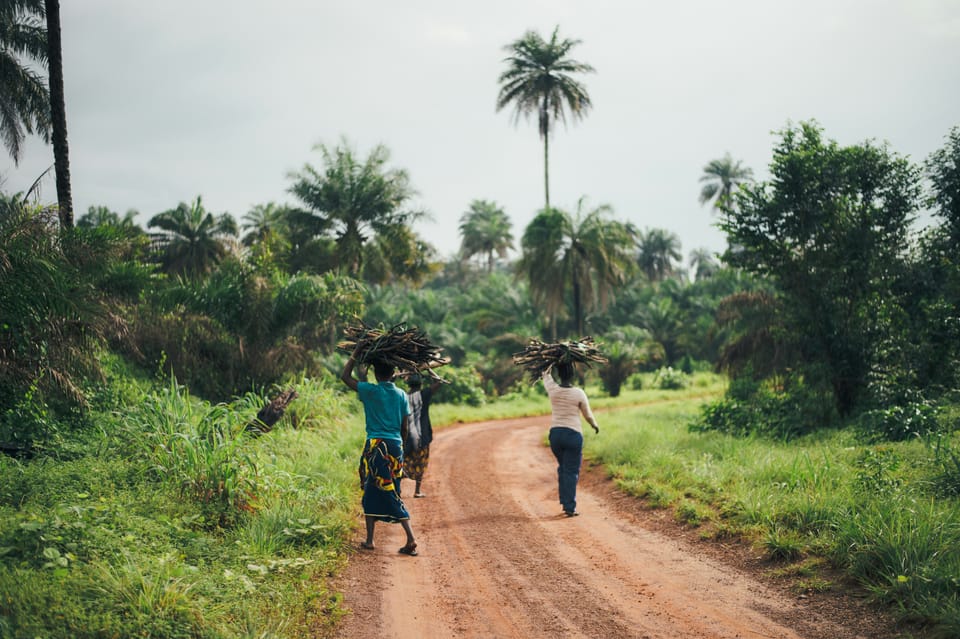Global South organisations urge SBTi to expand carbon credit use for Scope 3

Community organisations, SMEs and non-profits based in the Global South argue that the Science Based Targets Initiative’s proposed expansion of carbon credit use for Scope 3 abatement would unlock climate finance for frontline communities.
In a statement released last week, 105 organisations working to mitigate climate change in from countries such as Colombia, Brazil, Mexico, Peru, Argentina, Tanzania, Kenya, Gabon, Sierra Leone, Côte d’Ivoire, South Africa, India and Indonesia expressed their support for the SBTi’s Board of Trustees.
The SBTi sparked heated debates in the sustainability world in April, when it suggested that it could update its Corporate Net Zero Standard to allow companies to offset more than 10% of their Scope 3 emissions through carbon credits.
Many practitioners, including H&M’s Head of Sustainability Leyla Ertur, are concerned that expanding the use of carbon credits to meet net zero objectives would lower corporate ambition for reducing emissions and compromise global climate goals.
But others – especially those working to improve the integrity of the carbon market – defended the idea, arguing that quality carbon credits are an effective mechanism to funnel climate finance towards frontline communities.
Now, those working in these communities have expressed a clear position on the issue. “We celebrate the SBTi Board of Trustees’ evidence-based decision to recognize the important role that voluntary carbon markets play in driving global climate action,” they said in the statement.
Carbon credits “necessary to deliver much-needed finance” to Global South
Lamenting “being ignored” by decision-makers in the Global North “for far too long”, the group explains that carbon offsetting creates a business case for companies to provide funding “to the communities that are doing the hard work of reducing deforestation loss, restoring grasslands, reforesting mangroves, sequestering carbon in native forests and improving biodiversity for a healthy planet”.
They encourage SBTi staff – many of whom have also expressed concern about the Board’s idea – to “listen and act pragmatically”, working with the Board to propose guidance to operationalise the new rules in a way that maintains the mitigation hierarchy (ie. reducing before offsetting emissions), but also keeps the needs of the Global South in mind.
“As we know all too well, we cannot rely on philanthropy alone. We therefore welcome the statement from the SBTi Board of Trustees and commend the Trustees for listening to our voices and setting a new direction, based not only on common sense, but also on a mounting body of evidence that points to the potential of these markets,” they added.
The SBTi was meant to finalise its guidance by the end of July, but failed to draw conclusions on the effectiveness of the voluntary carbon markets, pushing a decision to 2025.
Read also: Are carbon offsets a risk for Chief Sustainability Officers?







Member discussion